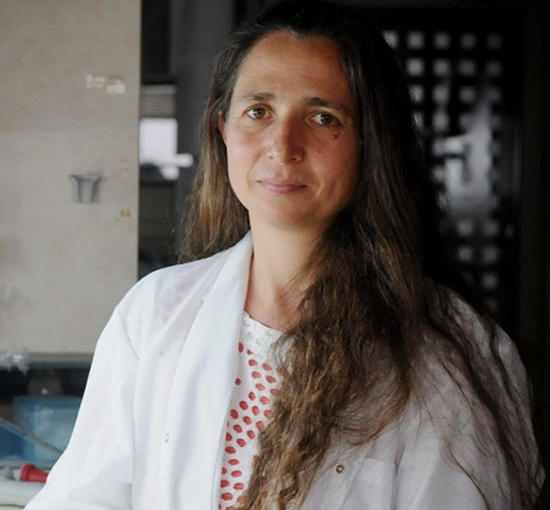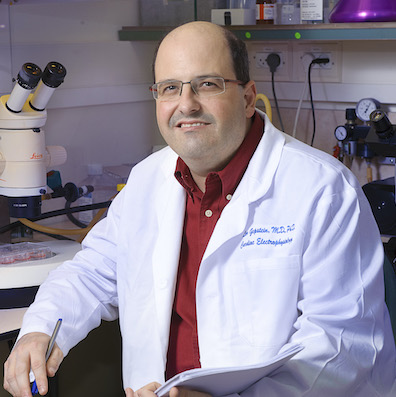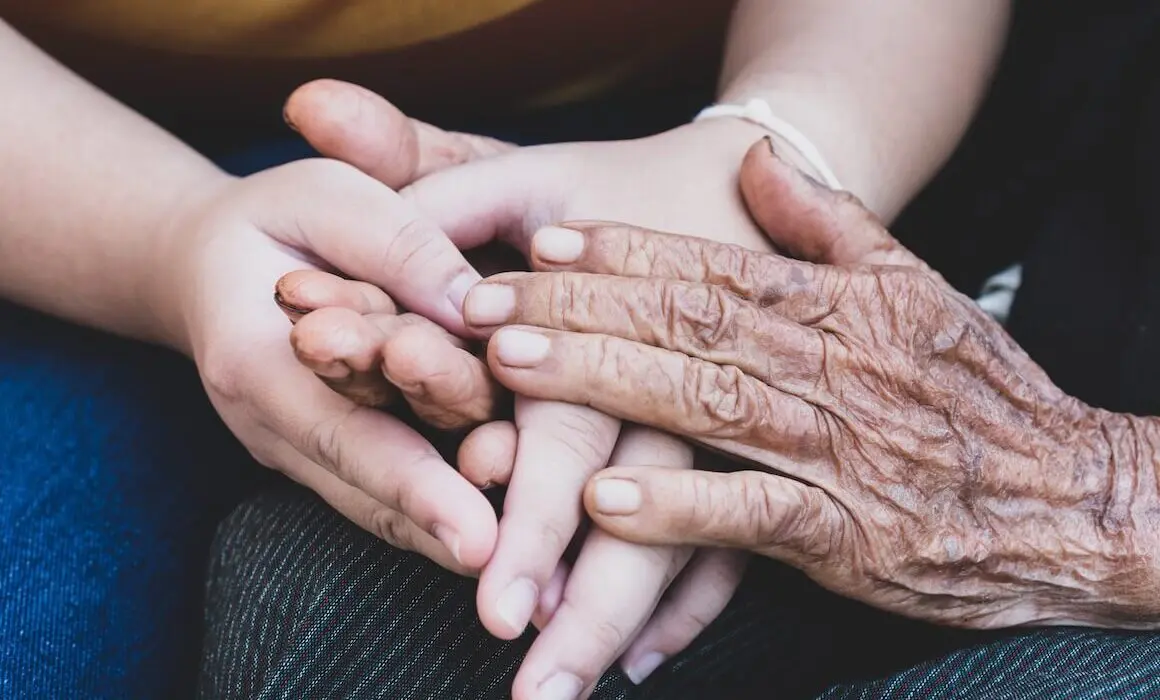Today’s Breakthroughs for the Next Generation of Treatment Part 1

At the Technion, researchers are unraveling the fierce battles our cells wage against viruses, uncovering how gut microbes shift the tide in chronic disease, and revealing the brain’s surprising power to heal broken hearts. From revolutionary dual-target antibodies that outsmart the flu to groundbreaking discoveries in inflammation, these breakthroughs are rewriting the future of medicine — promising lifesaving therapies that arrive faster, hit harder, and change everything.
A breakthrough in understanding how cells fight viruses could pave the way for faster, more effective antiviral treatments. Conducted by Prof. Yael Mandel-Gutfreund and Dr. Amir Argoetti in the Faculty of Biology, the study identified a genetic mechanism that triggers a swift immune response, preventing viruses from replicating inside human cells.
New insights into how gut microbes reprogram themselves during disease may lead to targeted treatments for inflammatory bowel conditions like Crohn’s and colitis. Prof. Naama Geva-Zatorsky and her team in the Rappaport Faculty of Medicine uncovered a microbial adaptation strategy that disrupts immune regulation – a shift that could undermine the body’s defenses at a critical time.
A surprising link between the brain’s reward system and heart repair shows that activating certain neural pathways can improve recovery after a heart attack. Led by Ph.D. student Hedva Haykin with Profs. Asya Rolls and Lior Gepstein from the Rappaport Faculty of Medicine, researchers found that stimulation of the brain’s reward center reduced inflammation and promoted healing in heart tissue.
A novel antibody that targets two key proteins of the influenza virus offers stronger protection and could reduce the virus’s ability to develop resistance. Developed by graduate student Romila Moirangthem under Dr. Yotam Bar-On in the Rappaport Faculty of Medicine, the dual-targeting approach showed superior results in lab and animal studies – opening new possibilities for more effective flu treatments.









